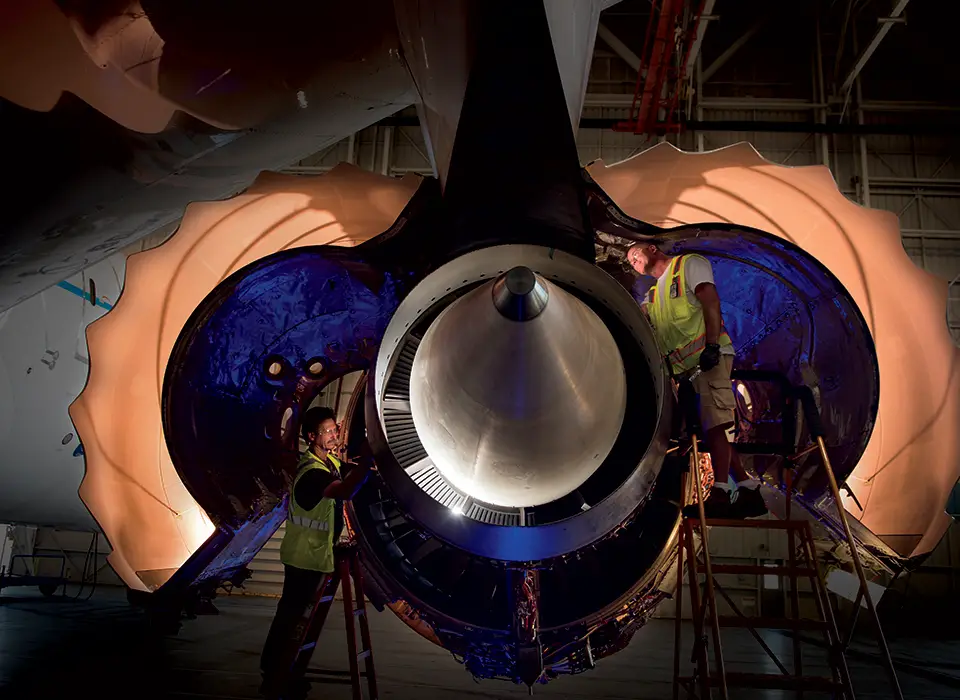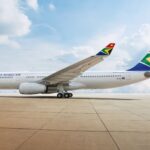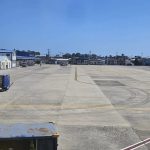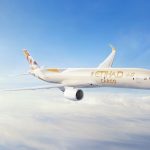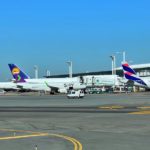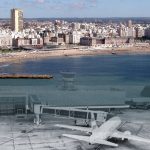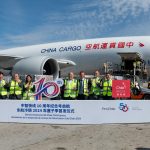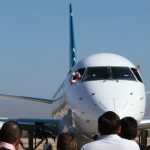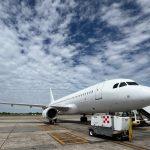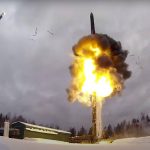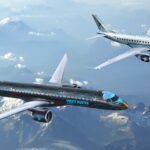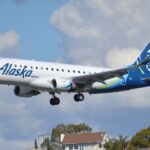Boeing continues to expand its ecoDemonstrator testing program. The U.S. company is looking to accelerate innovation in sustainability, indicating that its plan for the current year will seek to evaluate 19 new technologies using the Boeing 777 ecoDemonstrator. In addition, it will add new «Explorer» aircraft that will test specific technologies.
The first ecoDemonstrator Explorer, a 787-10 Dreamliner, will conduct flight tests in June from Seattle to Tokyo, Singapore, and Bangkok. This will seek to demonstrate how navigation coordination across different airspaces can improve operational efficiency and reduce fuel burn and emissions by up to 10%. Using technologies that already exist in today’s commercial aircraft, Boeing and air navigation service providers from the U.S., Japan, Singapore, and Thailand will sequence the aircraft’s routes to achieve an optimal flight path across multiple regions, taking into account conditions such as weather, air traffic, and other conditions. The aircraft will use sustainable aviation fuel for its operation.
«Seeking to achieve the industry’s goal-zero net carbon emissions by 2050-has prompted us to expand our ecoDemonstrator program with Explorer airplanes to test even more sustainability-focused technologies,» said Stan Deal, president, and CEO of Boeing Commercial Airplanes. «We will continue to invest in innovation that reduces fuel use, emissions, and noise in our products. We will also continue to partner with governments and industry stakeholders to advance sustainability during every phase of flight.»
Related content: Etihad Airways adopts Boeing’s digital solution to increase the efficiency of its B787 fleet.
«The industry will need continued fleet renewal, efficiency improvements, renewable energy – such as sustainable jet fuel – and other technologies to meet the commitment to zero emissions by 2050,» Boeing chief sustainability officer Chris Raymond added. «Our Explorer tests are a great example of how we can work together to optimize operational efficiency and reduce emissions.»
In 2023, Boeing will also use its current flagship ecoDemonstrator aircraft, a 777-200ER (Extended Range), to test new technologies. These include cargo hold wall panels made of 40% recycled carbon fiber and 60% bio-based resin. Also, the use of an EFB (electronic flight bag) from Jeppesen’s Smart Airport Maps suite FliteDeck Pro. This reduces operating costs and contributes to the safety of taxi operations through the representation of contextual airport data.

